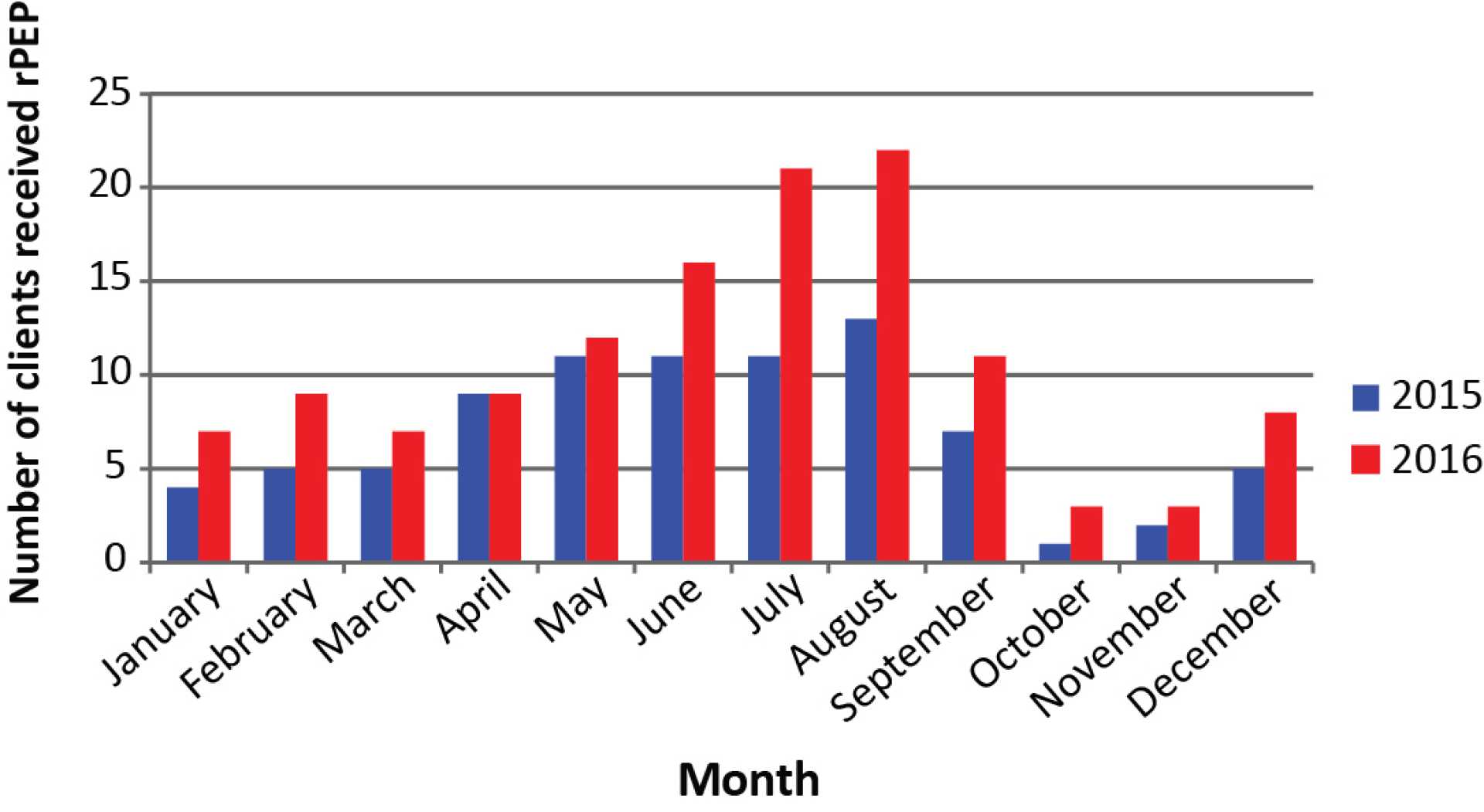Health
Rabies Alert: Precautionary Measures for Mississauga Residents

Peel Public Health has reported two confirmed cases of rabies in bats, raising concerns among residents of Mississauga. Although no human cases have been reported yet, public health officials stress the importance of staying informed and taking necessary precautions.
Rabies is a dangerous virus that affects the nervous system, and it can be transmitted to humans through bites or scratches from infected animals. If not treated promptly, rabies can be fatal. Once inside the body, the virus travels along the nervous system, replicating itself and spreading to various parts of the body.
Initial symptoms of rabies may include anxiety, cough, fever, headaches, irritability, sore throat, and fatigue. If exposure has occurred, individuals may also feel pain, tingling, numbness, or itching near the site of the wound. Symptoms can appear anywhere from three to eight weeks after exposure, with the disease progressing rapidly once it affects the central nervous system.
Identification of rabies in animals requires professional diagnosis. Notable symptoms of rabies in wildlife may include erratic behavior, excessive salivation, aggression, and paralysis. Pet owners are advised to monitor their animals closely as the incubation period for rabies in cats and dogs is typically around ten days.
Residents who observe any erratic behavior in animals are urged to contact Mississauga Animal Services at 905-896-5858. While rabies is not widespread in Mississauga, there have been past occurrences, with the recent cases being the ninth and tenth confirmed since 2019, all involving bats.
To minimize the risk of rabies exposure, citizens are advised to avoid approaching wild animals, ensure pets are vaccinated against rabies, and secure trash and pet food to deter wildlife. It is also recommended that pets be kept on a leash when outdoors and closely supervised on private property.
Children should be educated to refrain from interacting with wild animals, even if they appear friendly. Should an individual or a pet be bitten or scratched by a wild animal, immediate medical attention is necessary, and the incident should be reported to Peel Public Health at 905-799-7700.
In case of a potential rabies exposure, individuals should wash the wounds immediately with soap and water and seek medical help promptly, as rabies vaccines are most effective when administered early.
The city participates in a rabies bait program, which involves placing vaccine bait packets in natural environments to control rabies in wildlife. Residents should not touch the bait packets when found, as they are designed for wildlife consumption.
Rabies can occur throughout Ontario, making awareness crucial for residents, especially those planning outdoor activities in rural areas.












